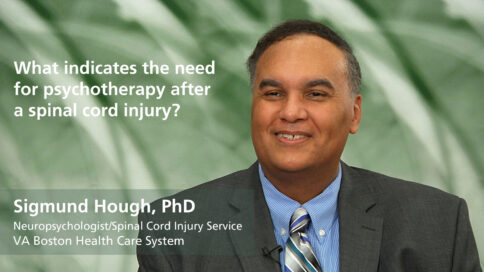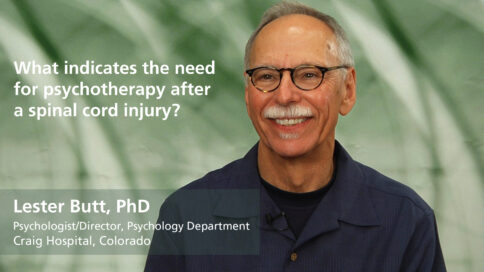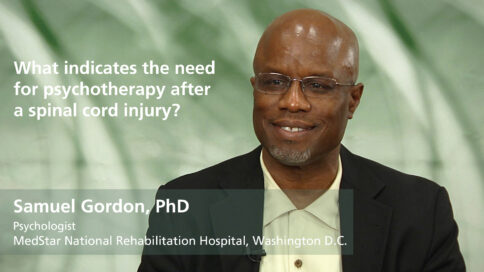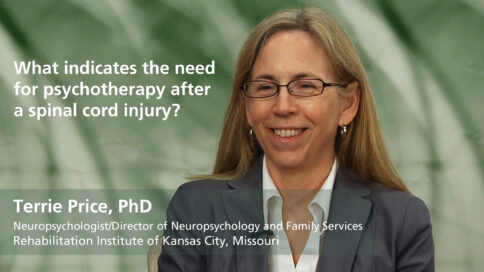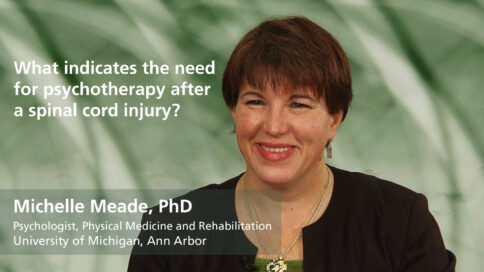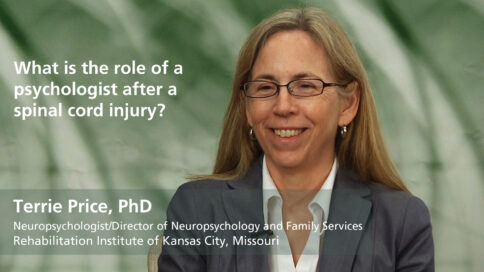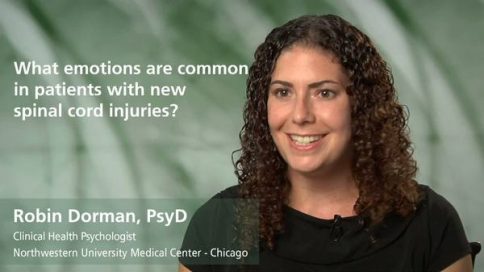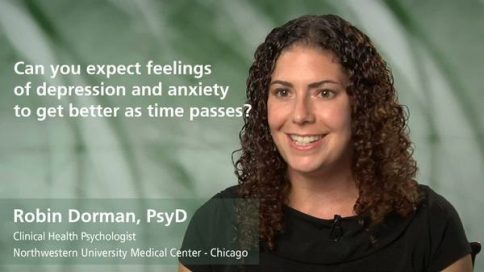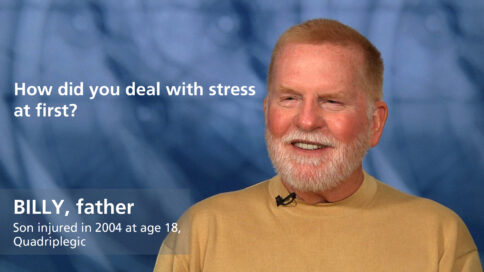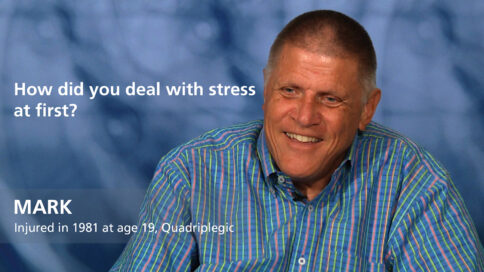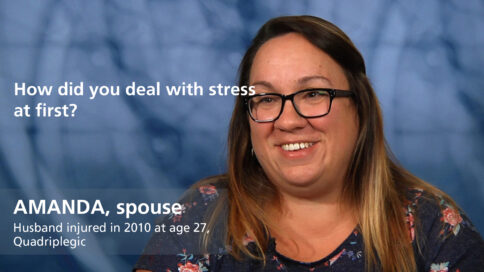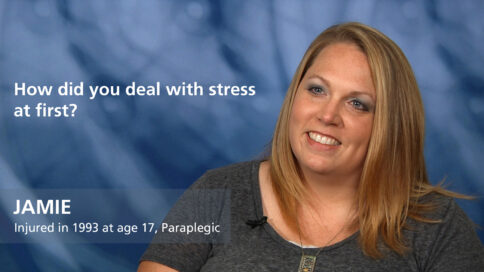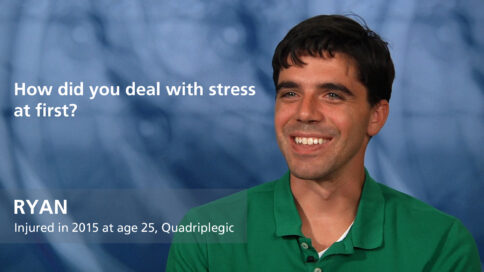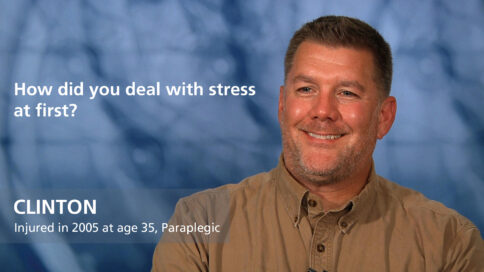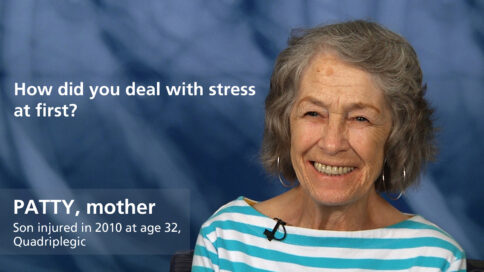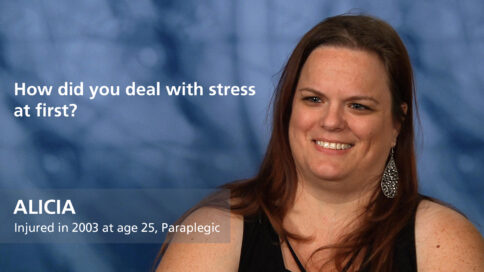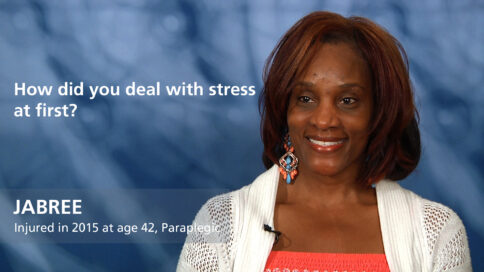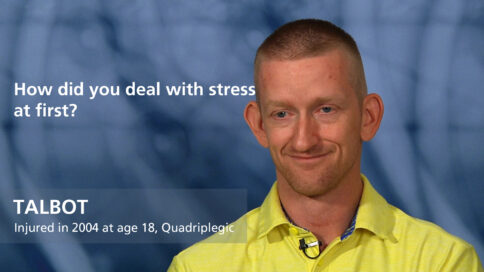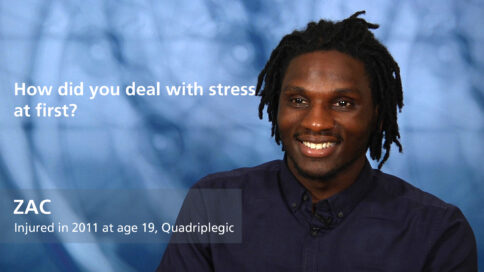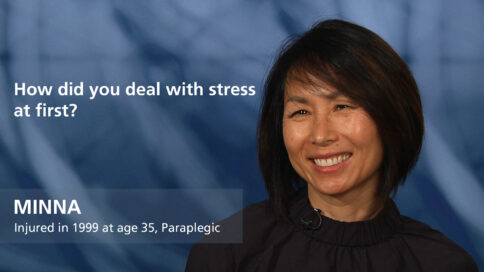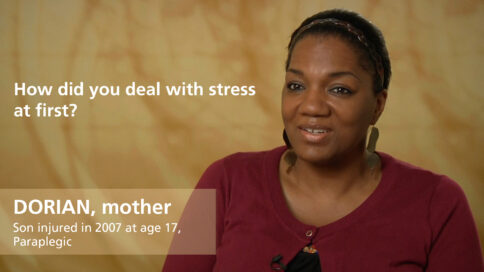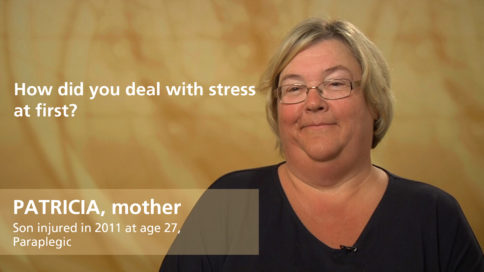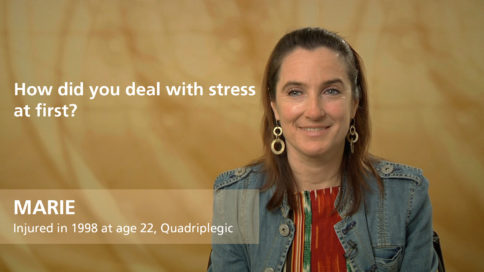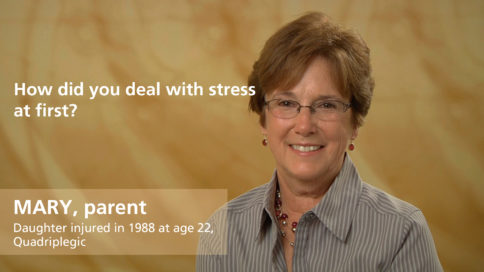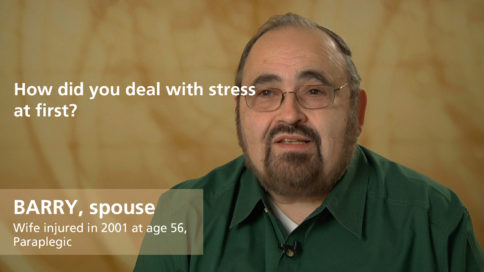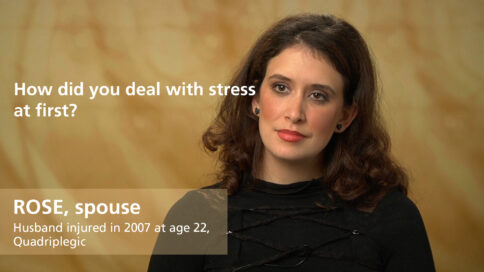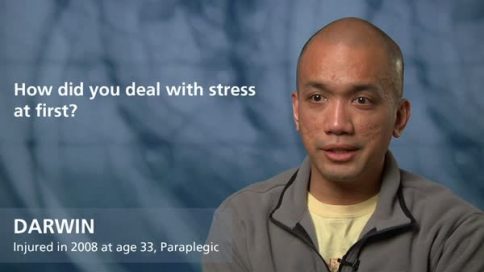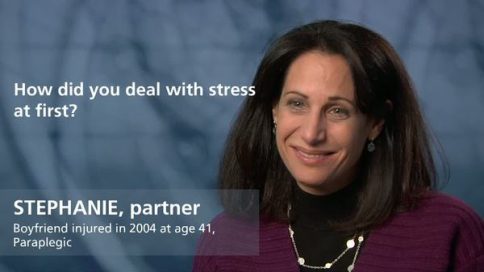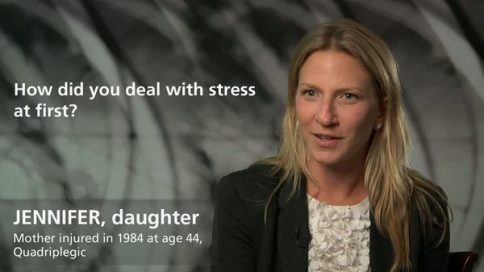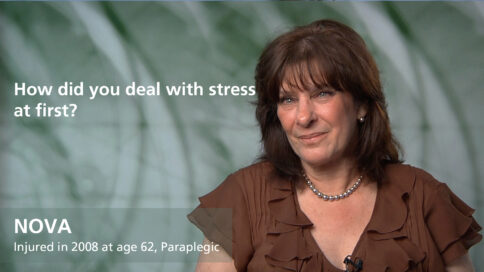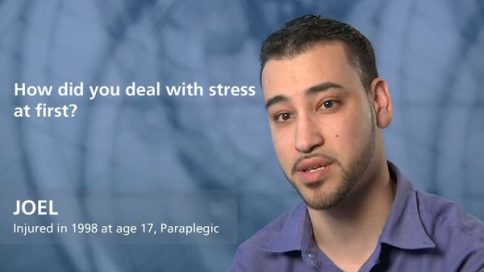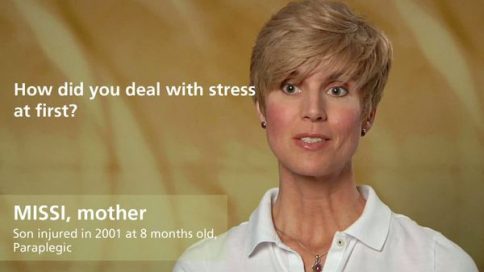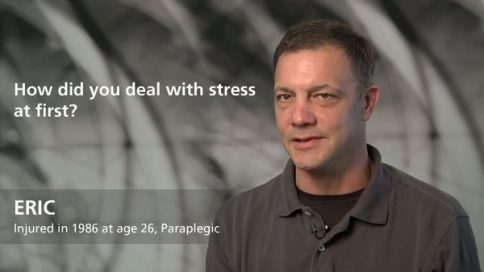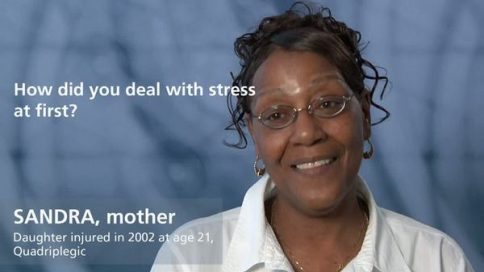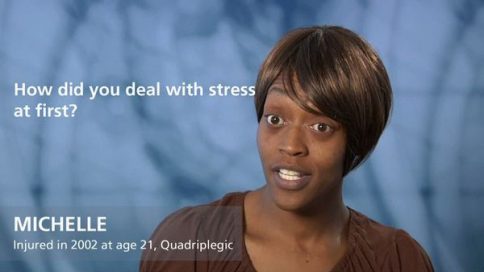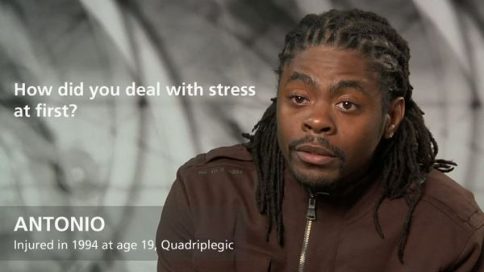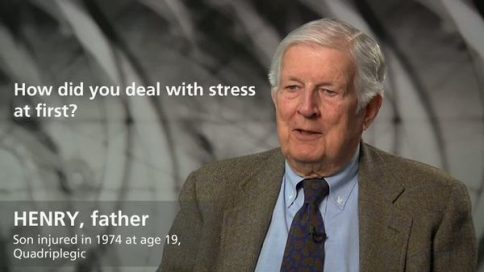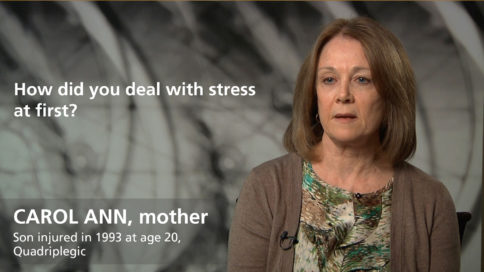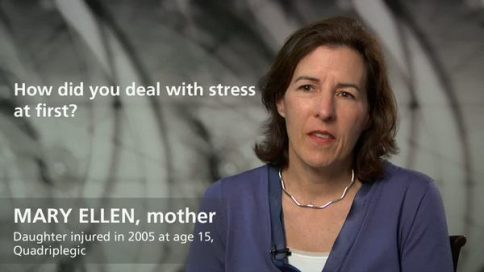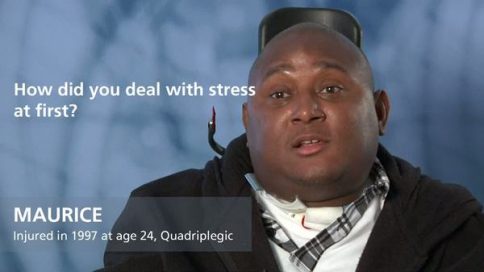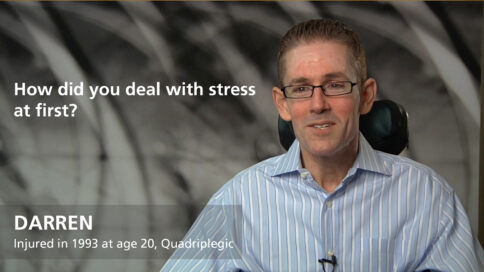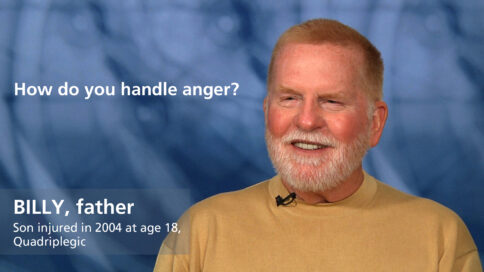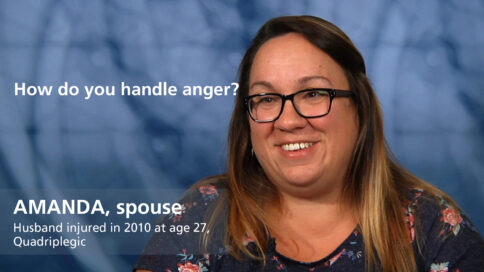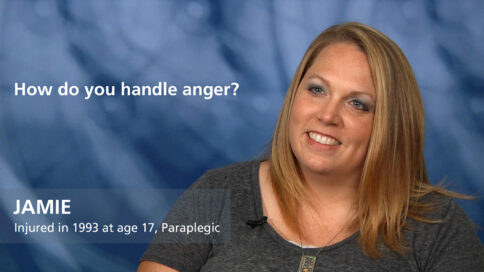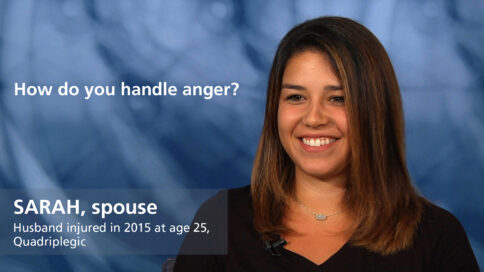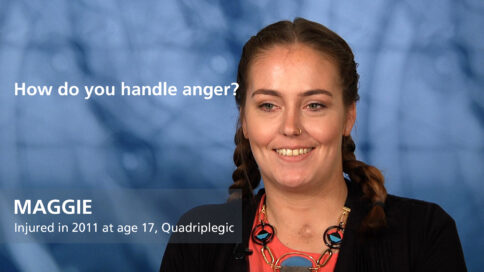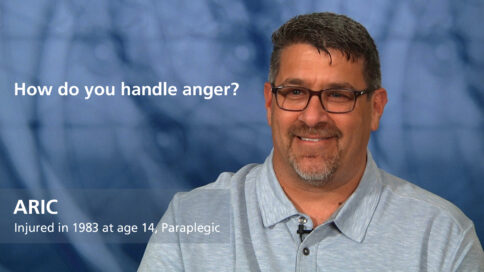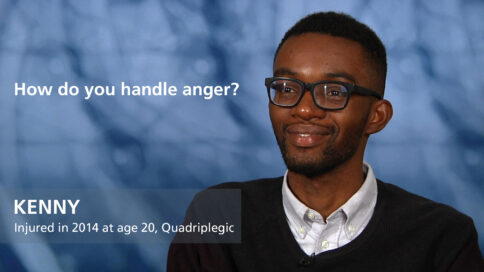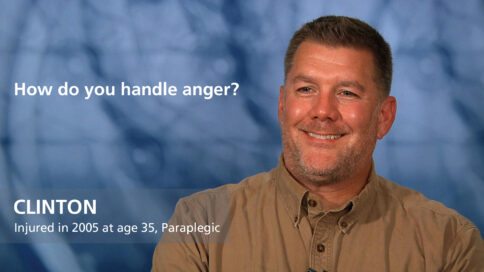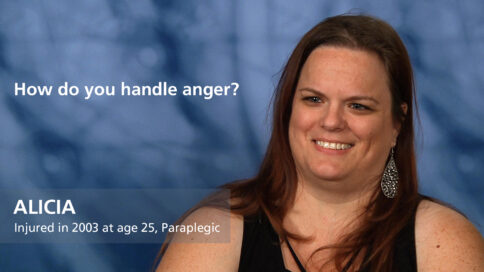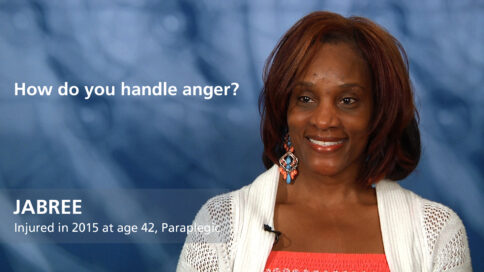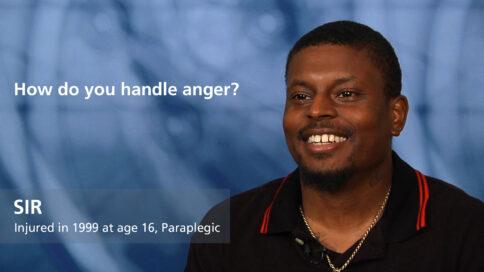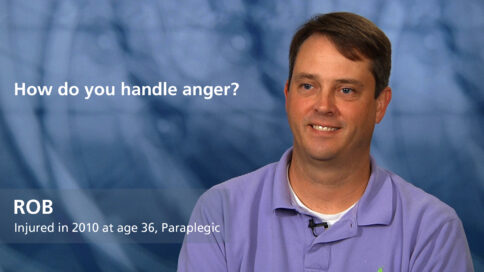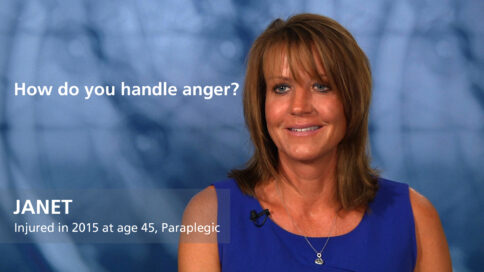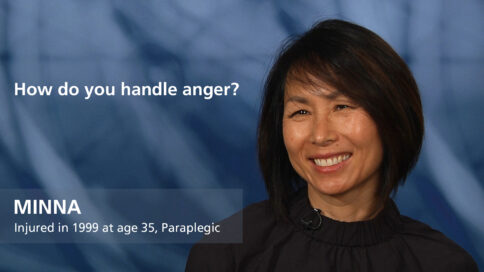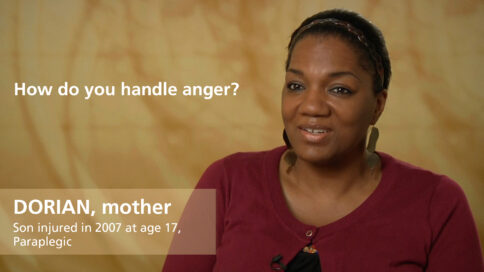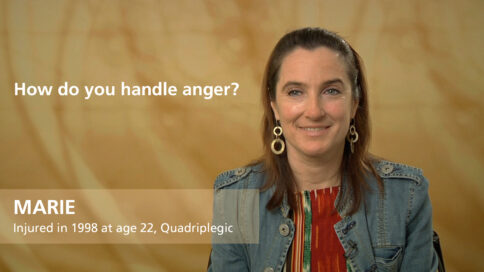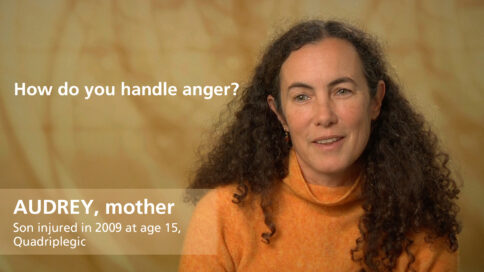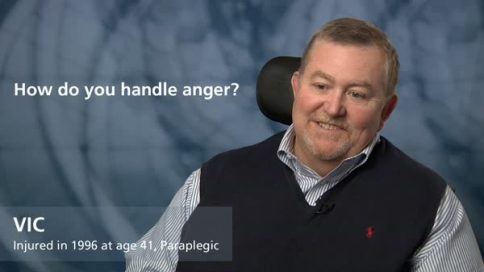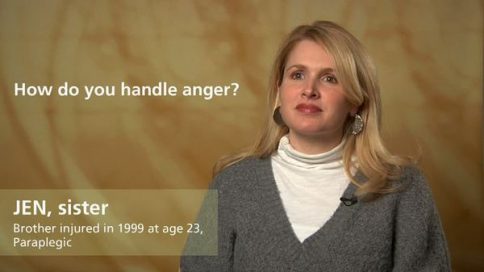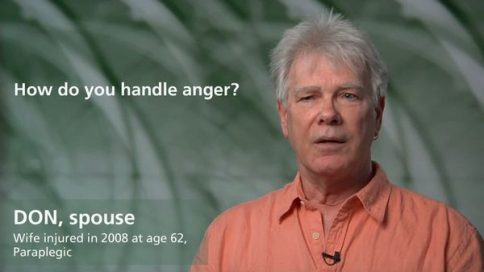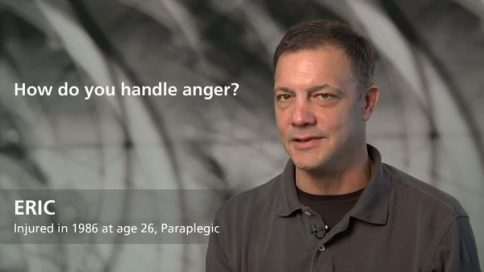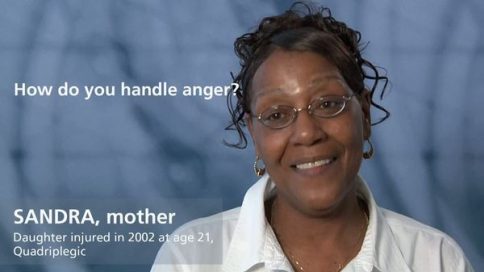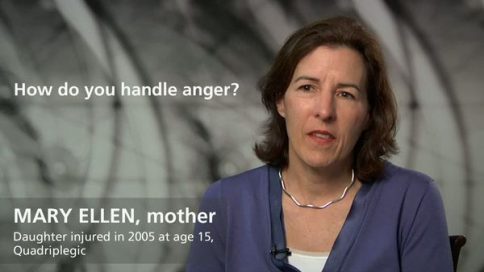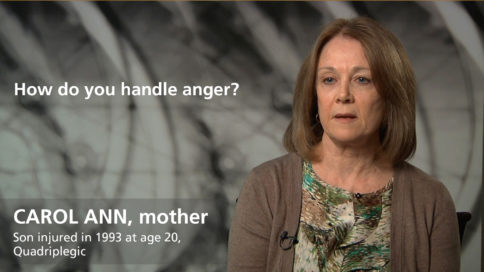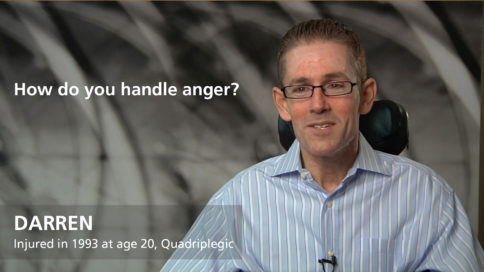What indicates the need for psychotherapy after a spinal cord injury? - Laura Tuck, PsyD
|
|
What indicates the need for psychotherapy after a spinal cord injury? |
|
Laura Tuck, PsyDPsychologist, Memphis VA Medical Center |
||
| Read Bio | More Videos by Laura Tuck | |
|
Share |
||
Transcript
When I’m working with people who have spinal cord injuries, there might be a couple of things that come up that tell me they benefit from having therapy. One of those things might be depression. The way depression is commonly seen is what’s called “anhedonia,” a decreased interest in things that are important to you. If I find that a person isn’t as interested in things they would typically care about and that they’re withdrawing; that to me is a pretty good indication that it’s time to meet with them and talk about what’s going on. That’s something again that’s very normal in different phases of spinal cord injury and that is not indicative of diagnosis, it is a point for discussion to see how they’re doing. Anxiety is also something that may be common, and if I see anxiety, it might be in the rehab therapies. What I’ll do is ask if the patient wants to discuss what’s going on in rehab that is challenging, ask if it’s okay if we can bring in a couple of their other providers so we can troubleshoot what’s going on in rehab. Often times it’s that fear of movement, sometimes people feel very fragile after a spinal cord injury or surgery—this may be fear of falling or hurting themselves. It could be something as basic as providing education, or there might be some very visual reminders of the injury in therapy that can be anxiety provoking, and so addressing that from more of an existential approach or meaning—what this means for my full life and who I am.
Show Less|
|
||
add
What indicates the need for psychotherapy after a spinal cord injury? |
||
Laura Tuck, PsyDPsychologist, Memphis VA Medical Center |
More Videos by Laura Tuck | |
| Transcriptadd | share | |
When I’m working with people who have spinal cord injuries, there might be a couple of things that come up that tell me they benefit from having therapy. One of those things might be depression. The way depression is commonly seen is what’s called “anhedonia,” a decreased interest in things that are important to you. If I find that a person isn’t as interested in things they would typically care about and that they’re withdrawing; that to me is a pretty good indication that it’s time to meet with them and talk about what’s going on. That’s something again that’s very normal in different phases of spinal cord injury and that is not indicative of diagnosis, it is a point for discussion to see how they’re doing. Anxiety is also something that may be common, and if I see anxiety, it might be in the rehab therapies. What I’ll do is ask if the patient wants to discuss what’s going on in rehab that is challenging, ask if it’s okay if we can bring in a couple of their other providers so we can troubleshoot what’s going on in rehab. Often times it’s that fear of movement, sometimes people feel very fragile after a spinal cord injury or surgery—this may be fear of falling or hurting themselves. It could be something as basic as providing education, or there might be some very visual reminders of the injury in therapy that can be anxiety provoking, and so addressing that from more of an existential approach or meaning—what this means for my full life and who I am.
